
GENERAL
Government launches Productive Safety Net project to reduce urban poverty
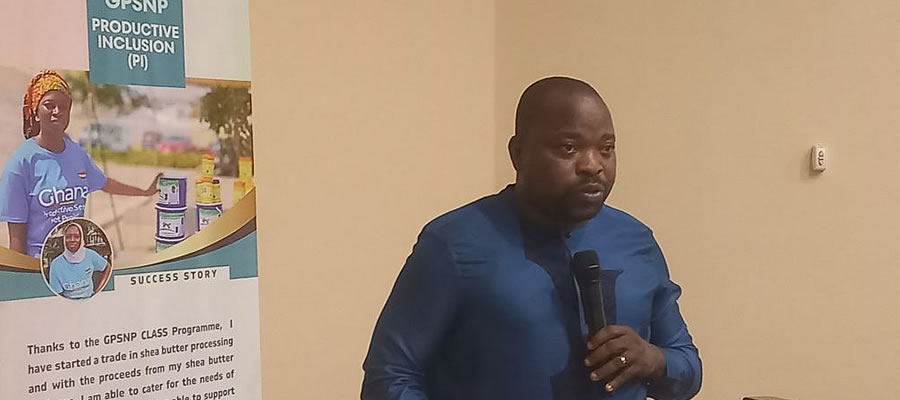
Date Created : 10/8/2024 12:00:00 AM : Story Author : Anthony Adongo Apubeo/Ghanadistricts.com
The social protection intervention, an extension of the GPSNP1, is being implemented by the Ministry of Local Government Decentralization and Rural Development (MLGDRD) and the Ministry of Gender, Children, and Social Protection (MoGCSP) with funding from the World Bank.
The project, expected to end in 2025, is building upon the successes of the first phase of GPSNP and aims to expand and enhance social safety nets and provide access to productive income generating opportunities for the poor living in urban areas in Ghana.
The GPSNP2 programme which is set to benefit about 10,000 vulnerable urban and peri-urban people, was designed to address not only rural poverty but also urban and peri-urban poverty due to severe challenges prevalent in those areas.
In a speech read on his behalf, Mr. Martin Adjei-Mensah Korsah, the Minister for MLGDRD, said the launch of the Urban CLASS was a demonstration of the government’s commitment to the “Agenda for Jobs Creation and Leaving No One Behind.”
The government in 2019, through the above mentioned two ministries commenced the implementation of the first phase of the Ghana Productive Safety Net Project (GPSNP), an intervention that yielded significant results, some of which included assisting 20,085 beneficiaries under the PI component to start their own micro enterprises.
It also provided short term employment to over 34,500 poor persons through Labour-Intensive Public Works (LIPW) and linked close to 16,000 beneficiaries to ongoing agriculture interventions through the Government’s flagship Planting for Exports and Rural Development (PERD) programmes and set out the framework for a well-coordinated Social Protection delivery in the country.
“As successful as the first phase of GPSNP was, a major limitation of the Project was its restriction of project activities, and intervention under the PI and LIPW components to rural areas.
“This shortcoming was brought to the fore during the COVID 19 pandemic when it became evident that the poor in urban areas were most vulnerable, and hardest hit by the effects of COVID”, he added.
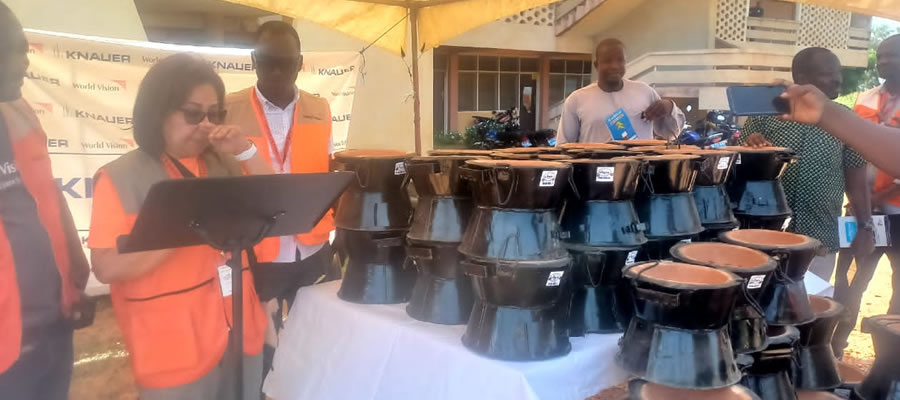




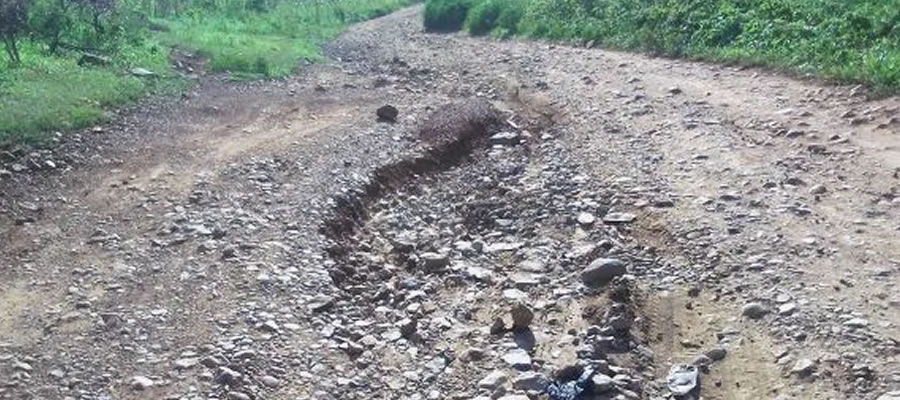
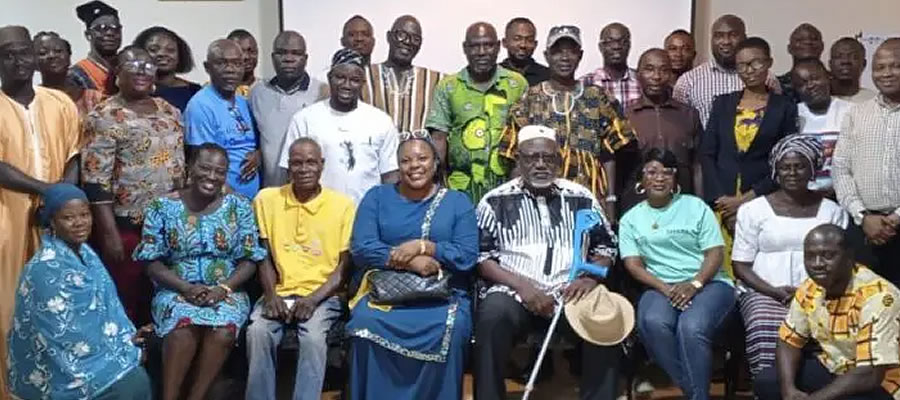
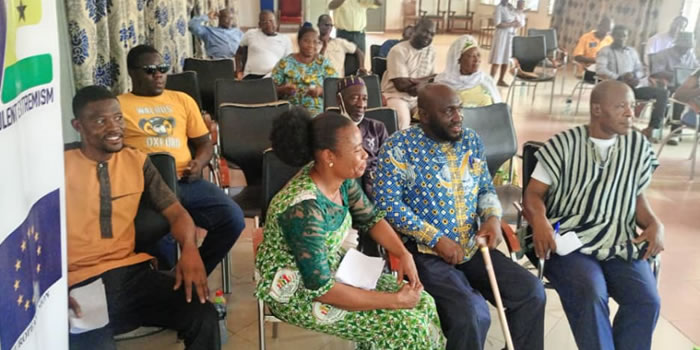

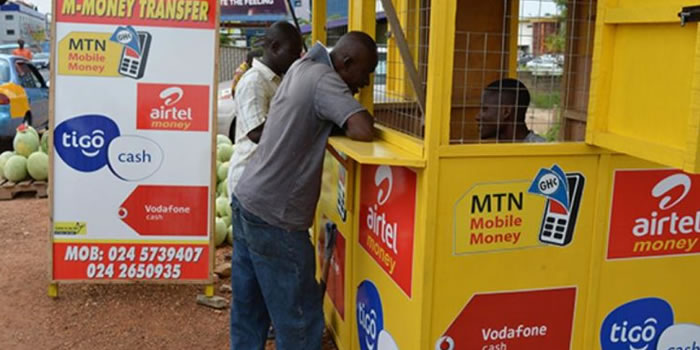
 facebook
facebook
 twitter
twitter
 Youtube
Youtube
 +233 593 831 280
+233 593 831 280 0800 430 430
0800 430 430 GPS: GE-231-4383
GPS: GE-231-4383 info@ghanadistricts.com
info@ghanadistricts.com Box GP1044, Accra, Ghana
Box GP1044, Accra, Ghana